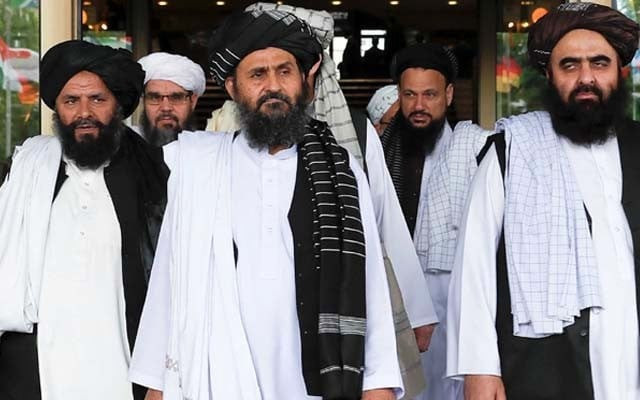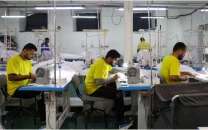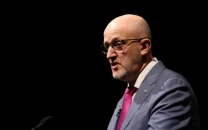Taliban told to ‘include women’ in public life
Doha talks to discuss Afghan engagement

Taliban authorities were told women must be included in public life, UN Under-Secretary-General Rosemary DiCarlo said on Monday as she defended a decision to sideline civil society groups at official talks in Doha.
Rights organisations have strongly criticised the controversial UN move to exclude the groups, including women’s rights activists, from the two-day summit on Afghanistan as the price for the Taliban government’s participation.
“Authorities will not sit across the table with Afghan civil society in this format, but they have heard very clearly the need to include women and civil society in all aspects of public life”, DiCarlo told a Doha news conference.
The UN-hosted meeting began on Sunday and is the third such summit to be held in Qatar in a little over a year, but the first to include the Taliban authorities who seized power in Afghanistan for a second time in 2021.
The talks were due to discuss increasing engagement with Afghanistan and a more coordinated response to the country, including economic issues and counter-narcotics efforts.
DiCarlo, who chaired the UN talks in the Qatari capital, said she “hopes” that “there’ll be new consideration” of Taliban government policy on women in public life including girls’ education.
The UN and international delegations will have the chance to meet with civil society representatives, including women’s rights groups, tomorrow following the close of the main meetings.
But Amnesty International chief Agnes Callamard said in a statement ahead of the talks that “caving into the Taliban’s conditions to secure their participation in the talks would risk legitimising their gender-based institutionalised system of oppression”.
The Taliban authorities have repeatedly said the rights of all citizens are guaranteed under Islamic law.
The head of the Taliban delegation, spokesman Zabihullah Mujahid told the more than 20 assembled special envoys and UN officials at the summit’s opening session that diplomats should “find ways of interaction and understanding rather than confrontation”, despite “natural” differences in policy.
“The Islamic Emirate of Afghanistan is keen on engaging constructively with Western nations as well,” Mujahid said.
“Like any sovereign state, we uphold certain religious and cultural values and public aspirations that must be acknowledged,” he added.



















COMMENTS
Comments are moderated and generally will be posted if they are on-topic and not abusive.
For more information, please see our Comments FAQ